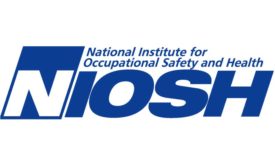News
Neb. feed company exposes workers to grain handling, electrical hazards
Nutrition Services cited for more than two dozen violations
November 4, 2016
Environment
Automakers outperforming greenhouse gas emissions standards
Average fuel economy reaches record 24.8 miles per gallon
November 4, 2016
CDC’s Your Health – Your Environment Blog
Carbon monoxide poisoning prevention
November 3, 2016
Never miss the latest news and trends driving the safety industry
eNewsletter | Website | eMagazine
JOIN TODAYCopyright ©2024. All Rights Reserved BNP Media.
Design, CMS, Hosting & Web Development :: ePublishing







